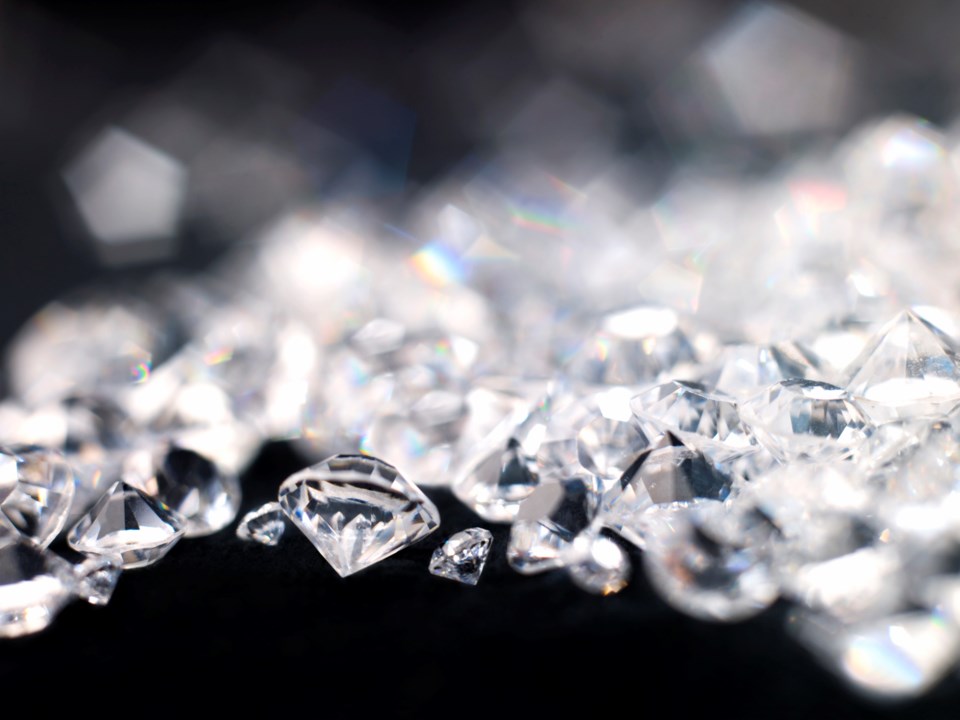San Francisco-based NDB Inc. recently announced the launching of its Nano Diamond Battery technology.
The solution, which is an atomic voltaic cell for mid and high-power applications, uses diamonds – the hardest known transducer materials – to harvest energy.
In detail, the device generates electricity similarly to solar cells but, instead, uses radiation from radioactive decay instead of sunlight.
It combines an emitter, the NDB T1 transducer, and a collector that forms an ohmic and Schottky contact.
The energetic radiations released from radioactive decay scatter and deposit energy into the transducing elements. The isotope, together with the host, generates electricity on its own.
Several single units are attached to create a stack arrangement. These make a positive and negative contact surface similar to a standard battery system.
“The key principle of DiD is to create multiple independent and protective layers of defence to compensate for any NDB potential human and mechanical failures,” the company’s website states. “The stacks and the source are coated with a layer of polycrystalline diamond (PCD), which is known for being the most thermally conductive material. It also can contain radiation within the device and is the hardest material, twelve times tougher than stainless steel. This makes our product extremely robust and tamperproof.”
In NDB’s view, the technology has the potential to revolutionize the battery industry with a number of advantages over traditional lithium-ion batteries. Some of the notable features include a longer lifespan, durability and higher energy density.
“We are thrilled to be launching our crowdfunding and bringing NDB to the general public,” said Nima Golsharifi, CEO of NDB. “Our technology, which is protected by three pending patent applications, has the potential to change the sustainability and efficiency of the energy industry. It is an industry game-changer, and we are excited to bring it to market with the support of our investors.”
According to Golsharifi, the solution has already received significant interest from various industries, including electric vehicles, renewable energy systems and defence technology companies.



